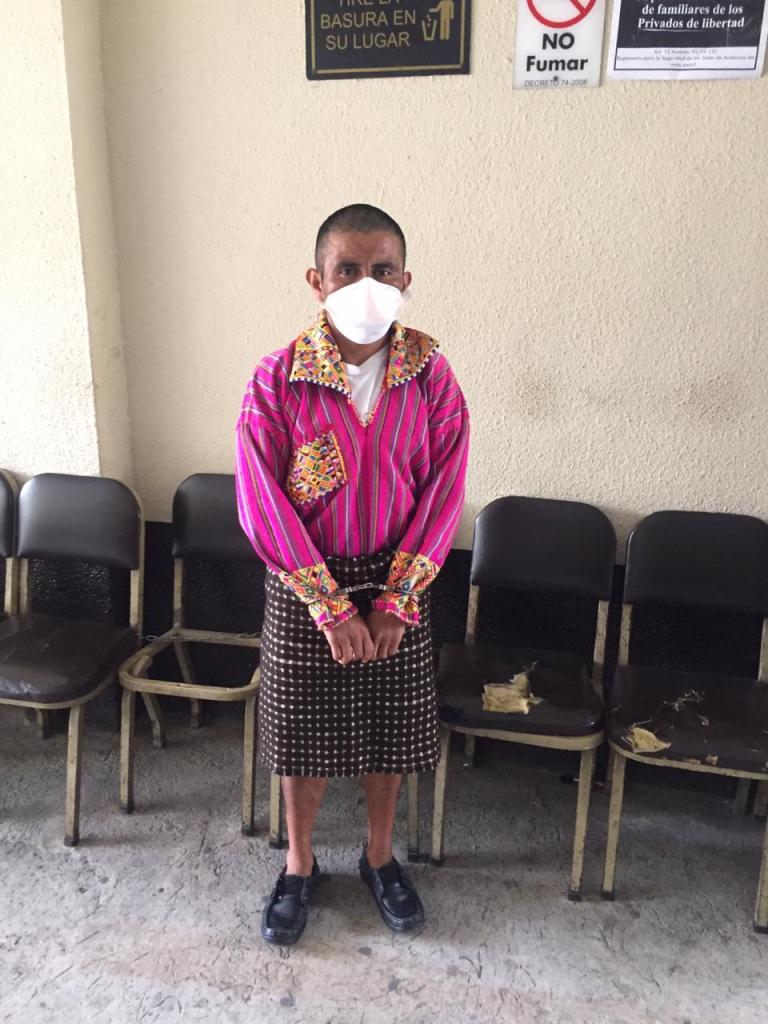
This piece originally appeared in Narco.news
“You can’t really wipe out the dreaded drug business for three simple reasons. People need the jobs. The government needs the money. And in the end the police and soldiers all join the business.”
—Charles Bowden, June, 2011 talk at the Commonwealth Club
PICTURE, FOR A MOMENT, the image of a drug trafficker:
His bristling mustache, his shadow-darkened eyes, his demure-looking harem of scantily-clad lovers. Imagine, for a moment, his studded leather boots, and the sharp glint of sunlight off his immaculate gold rings. His expression lies hidden. He contemplates the world from within a blue halo of cigar smoke. If the myths are true, he lives in a sprawling, walled-off mansion, replete with animals and ringed with armed guards. His gunmen can square off with the toughest of militaries, and anyone can be killed when he so desires. No politician lays beyond the temptation of his bribes. The immiseration of entire societies in Latin America is attributable to him, and him alone. He looms above them like a specter: an evil narco-squid whose vast tentacular reach leaves nothing—no person, place, nor institution—uncorrupted.
The above narrative, fanciful, flamboyant, almost cartoonish in nature, can be found on ample display in decades-old cultural industry of drug-themed books, movies, and TV-shows. But that same narrative is reflected with mirror-like precision in sober government discourses justifying drug wars. Despite yielding little asides from increased drug usage and bloodshed of unprecedented scale, Oswaldo Zavala notes with suspicion, governments continue advocating for those wars with that same narrative. With the narrative of the Cartels, the Drug Wars—and vast cultural industry sustained by mythologizing them—continue amassing profits with no end in sight.
